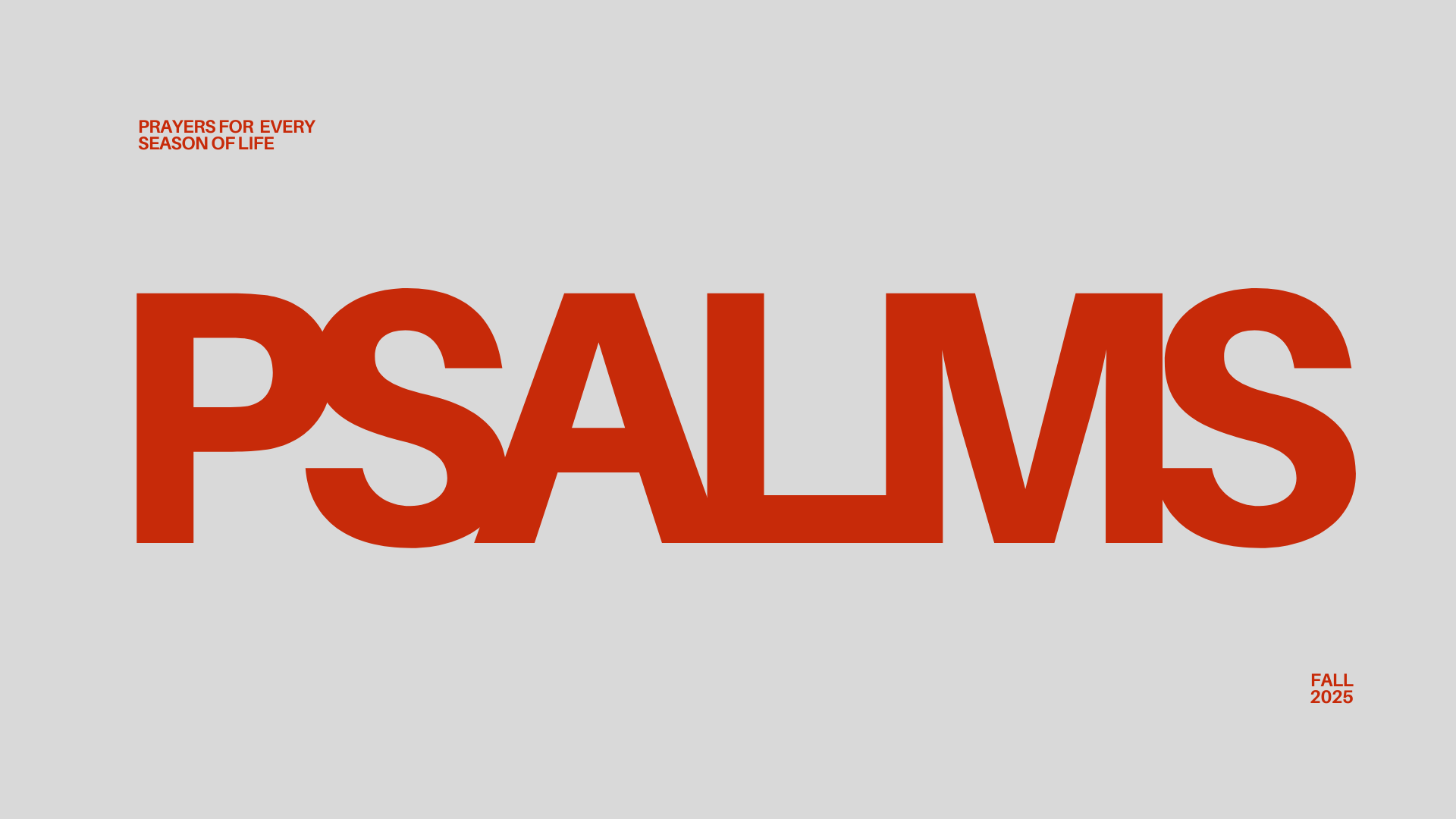
Latest Message
Leticia’s message closed the Psalms series by focusing on trust, acknowledging that trust is not easy or automatic but something we practice in the midst of fear, uncertainty, and struggle. She reflected on how the Psalms normalize the tension between joy and despair, showing that it is possible to bring all our emotions—our doubts, fears, and even anger—honestly before God. Using vivid images and personal stories, she described trust not as a guarantee of safety but as choosing to move forward with God’s love even when the outcome is unclear. She challenged listeners to discern what is truly grounded in love rather than appearances or power, and to live out “trusting behaviors” that embody faith, courage, and compassion. In closing, she invited everyone to identify the verses and practices that sustain them in hard times and to keep returning to God’s presence and love as their anchor.
Speaker: Leticia Perez
Heather’s message focused on repentance through the lens of the Psalms, especially Psalm 51, inviting the community to rethink repentance not as guilt or punishment but as returning to truth, goodness, and God’s presence. She challenged the traditional Western view rooted in the doctrine of original sin, suggesting instead that repentance is less about shame and more about rediscovering the goodness and divine image already within us. Drawing from Jewish and Christian thought, Heather described repentance as an ongoing process of returning to our truest selves—a healing journey that reconnects us with God and one another. Using personal reflection and imagery, she encouraged practices of confession, remembrance, and grace as ways to live into restoration and wholeness. In closing, she reminded listeners that repentance is ultimately about healing the rifts within and around us, allowing God to lead us home to ourselves again.
Speaker: Heather Ingersoll
Jayme’s message explored the theme of lament in the Psalms, showing how this form of prayer gives language to our grief, sorrow, and questions while keeping us connected to God. She contrasted our culture’s tendency to rush toward victory and “good feelings” with the biblical invitation to sit honestly with pain, uncertainty, and loss. Drawing from examples in the Psalms, Jayme explained that lament is not complaining but facing injustice and suffering while refusing to let go of faith. She emphasized that lament can deepen our trust in God, help us process grief, build solidarity with others, and even lead to new meaning in our lives. By pointing to Jesus’ own lament on the cross, she reminded the congregation that bringing our full selves to God, including our pain and anger, is not weakness but a path to deeper faith and hope.
Speaker: Jayme Eichler
Josiah’s message introduced the Psalms as songs and prayers that express the full range of human experience and emotion, inviting us to praise God for who He is, what He has done, and what He has yet to do. He explained that praise is not just about singing but about recognizing God’s character, creation, and ongoing work in our lives. Drawing from various Psalms, Josiah emphasized that we can praise God in all circumstances, both joyful and painful, because worship helps us remember God’s faithfulness and shifts our focus away from ourselves. He concluded that true praise extends beyond words or music to the way we live, love, and follow Jesus daily, making our actions a reflection of worship.
